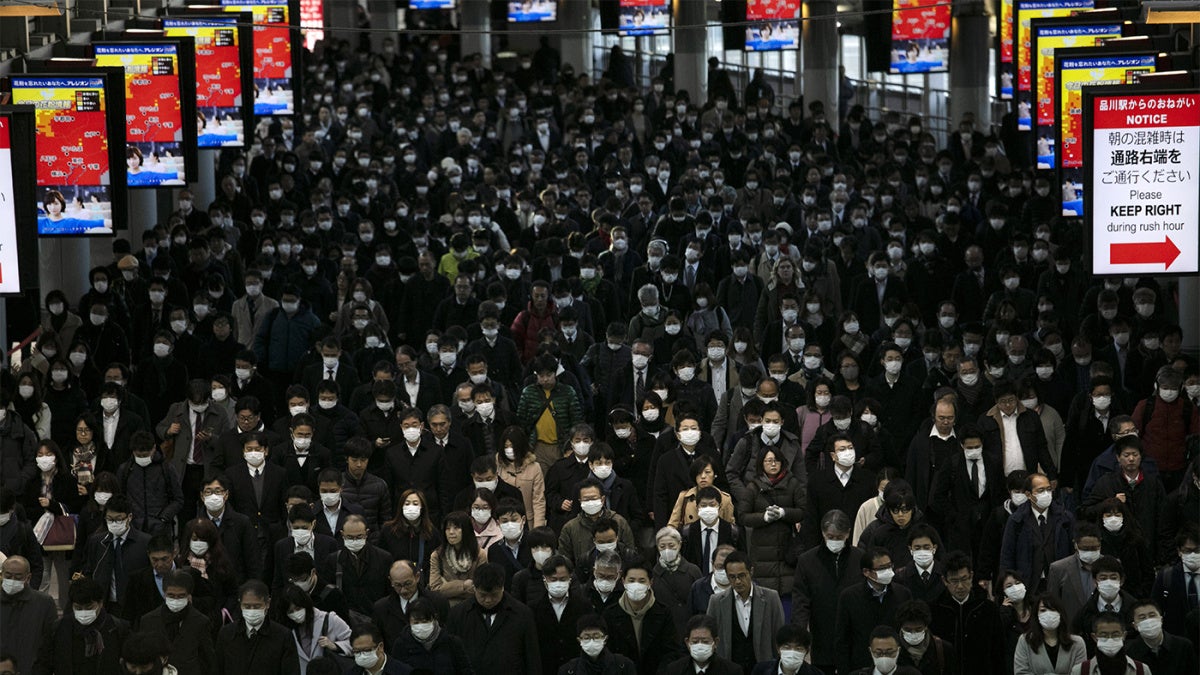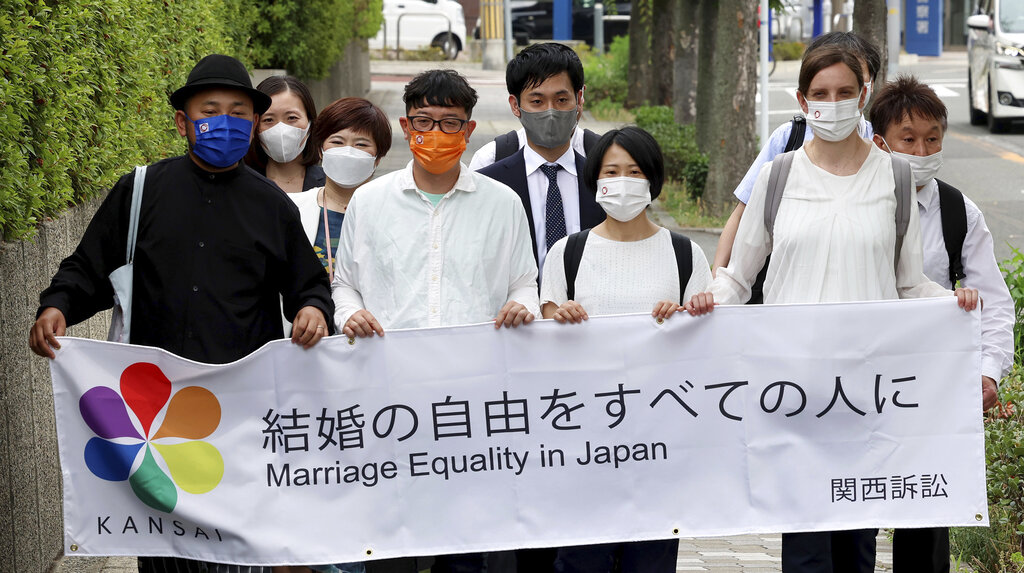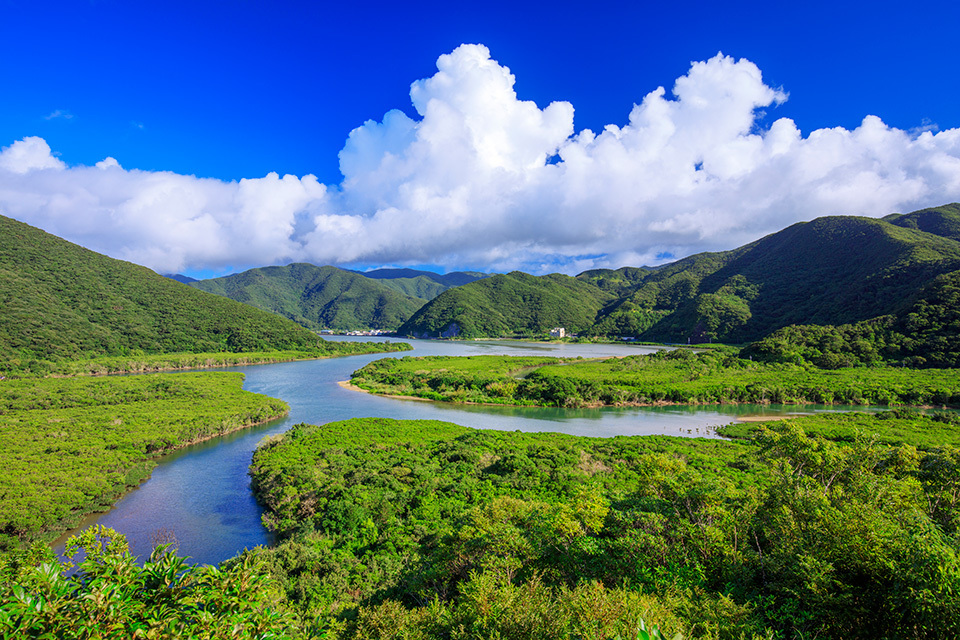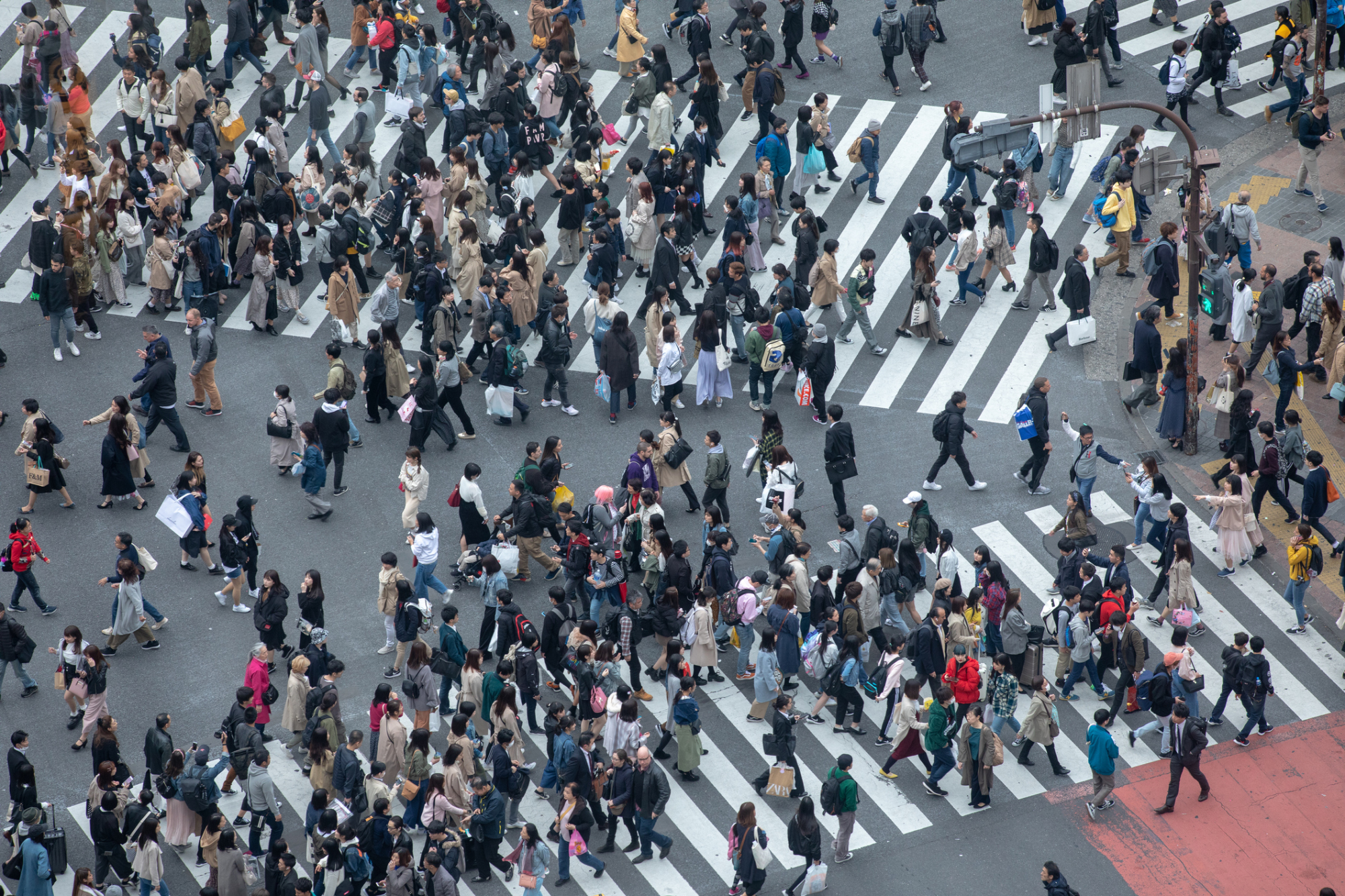 After researching many topics concerning China this fall it has become clear to me what the biggest issue is. While there are many human rights violations it is clear that the Uyghur genocide is the most severe. There is a people group that is being put in concentration camps targeted solely based on their ethnicity. It is hard to fathom that in 2022 countries are still committing atrocities like this. It’s even more concerning that not many people have heard about it. The Uyghurs are an ethnic group of about 12 million people who live in the east province of Xinjiang in China. Since 2017, the Chinese government has arbitrarily detained more than one million Muslims in detention camps. From satellite images we can see at least 85 camps in this province alone. The Chinese government at first denied that these camps existed but now has said that these are re-education centers. They are not educating these people but rather they are arresting them and beating and torturing them. In addition, Uyghurs in the region were subjected to increased surveillance, forced labor and forced sterilization, as well as other abuses. Even outside the camps, the 12 million Uyghurs living in Xinjiang – officially called the Xinjiang Uyghur Autonomous Region – continue to suffer decades of oppression by the Chinese authorities. They cannot name their children Muslim names and clerics are being arrested. Their practices and ways of life are being suppressed by the Chinese government. The leaders want to separate into a different country since many of them are not ethnically Chinese. They want to become a country called East Turkestan. While there have been long held historical issues between the Uyghurs and the Chinese government, this is absolutely unacceptable and they need to be held accountable for it. They are committing acts of genocide and the Uyghur people are protesting but they are being heavily silenced. We need to bring attention and cannot allow 12 million people to be targeted and killed.
After researching many topics concerning China this fall it has become clear to me what the biggest issue is. While there are many human rights violations it is clear that the Uyghur genocide is the most severe. There is a people group that is being put in concentration camps targeted solely based on their ethnicity. It is hard to fathom that in 2022 countries are still committing atrocities like this. It’s even more concerning that not many people have heard about it. The Uyghurs are an ethnic group of about 12 million people who live in the east province of Xinjiang in China. Since 2017, the Chinese government has arbitrarily detained more than one million Muslims in detention camps. From satellite images we can see at least 85 camps in this province alone. The Chinese government at first denied that these camps existed but now has said that these are re-education centers. They are not educating these people but rather they are arresting them and beating and torturing them. In addition, Uyghurs in the region were subjected to increased surveillance, forced labor and forced sterilization, as well as other abuses. Even outside the camps, the 12 million Uyghurs living in Xinjiang – officially called the Xinjiang Uyghur Autonomous Region – continue to suffer decades of oppression by the Chinese authorities. They cannot name their children Muslim names and clerics are being arrested. Their practices and ways of life are being suppressed by the Chinese government. The leaders want to separate into a different country since many of them are not ethnically Chinese. They want to become a country called East Turkestan. While there have been long held historical issues between the Uyghurs and the Chinese government, this is absolutely unacceptable and they need to be held accountable for it. They are committing acts of genocide and the Uyghur people are protesting but they are being heavily silenced. We need to bring attention and cannot allow 12 million people to be targeted and killed.
/https://tf-cmsv2-smithsonianmag-media.s3.amazonaws.com/filer_public/11/7c/117cb62d-3009-4570-9687-ac7a11515102/gettyimages-1228292974.jpg)
https://www.cfr.org/backgrounder/china-xinjiang-uyghurs-muslims-repression-genocide-human-rights
https://foreignpolicy.com/2021/08/11/independence-east-turkistan-china-uyghurs-xinjiang/
https://www.pbs.org/newshour/features/uighurs/












